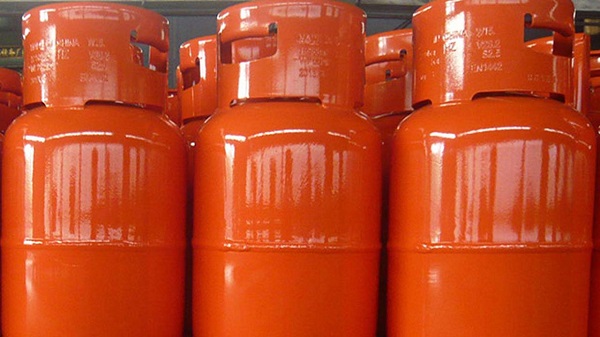Oil falls Below New 2015 Benchmark To $63

The Federal Government may have to adjust the oil price benchmark for 2015 budget again as the price of Brent crude, which tumbled to $63 per barrel this week, looks set to extend its fall.
The dip in Brent, against which Nigeria’s oil is priced, came on the heels of the latest report from the Organisation of Petroleum Exporting Countries showing lower global oil demand for this year and 2015. Brent has now lost more than 40 per cent of its value since its mid-June spike of $115 per barrel.
The Federal Government had last week slashed the 2015 budget benchmark price from $73 to $65 per barrel as a result of the steep fall in prices, after the OPEC decided to maintain production quotas on November 27.
The Managing Director and Chief Executive Officer, Financial Derivatives Company Limited, Mr. Bismarck Rewane, said, “It is not unexpected that the price will drop. It will even drop lower. I won’t be surprised if next week or two, it drops below $60. So, what are the steps that Nigeria is going to take? That is the question. The minister of finance has said she had different scenarios on how to respond to it.
“But first and foremost, I want to make it clear that this is not a temporary situation. Secondly, we are not at the bottom yet. We had better prepare our minds for a long stretch. The earlier everybody, not just the government, but also the people of Nigeria, accept that we are in downward revenue situation, the better for everybody,” he added.
An energy analyst at Ecobank, Mr. Dolapo Oni, said, “The safe point for our benchmark will be $50, but that will leave a lot of revenue gap to fill, especially since the government is keen to avoid debts rising too fast.”
OPEC, which supplies about 40 per cent of the world’s oil, forecast that the call on the group’s crude will drop in 2015 to its lowest level in 12 years. It revised down its demand growth estimate for 2014 by 120,000 barrels per day from October 2014 report to 930,000 bpd.
For next year, global oil demand growth should average 1.12 million bpd, down 70,000 bpd from a month ago, according to the 12-member oil cartel in its Monthly Oil Market Report for December, released on Wednesday.
The projected demand for OPEC crude will be below 29 million bpd as a result of non-OPEC supply expected to grow by 1.36 million bpd in 2015. The cartel pumped 30 million bpd last month.
Against this backdrop, the bear market is certainly guaranteed to persist into next year, with the second quarter looking particularly sloppy, according to Energy Intelligence.
The decline in oil prices was triggered by several factors including the fall in demand and supply glut largely driven by shale oil boom in the United States.
According to the US investment bank, Morgan Stanley, in a report last week, oil prices could fall as low as $43 per barrel next year.
“Without OPEC intervention, markets risk becoming unbalanced, with peak oversupply likely in the second quarter of 2015,” A Morgan Stanley analyst, Adam Longson, said.
“We anticipate that oil prices will remain subdued over 2015 as the global market surplus will persist,” said Business Monitor International, adding that both OPEC and non-OPEC producers would maximise production according to domestic marginal costs, at least in the first half of 2015, in order to gain as much revenue as possible.
“By mid-2015, we believe persistently lower oil prices will begin to take a toll and force first production cuts in the most expensive projects in deepwater areas, more remote and marginal shale plays, and Canadian oil sands.”
It noted that the drop in prices would be positive for demand growth in major consumers such as India, China, Japan, Europe and the US. BMI said it anticipated a modest pickup in demand to help curb the growing market surplus and possibly offer support to prices by mid-2015.
“Meanwhile, countries which are heavily dependent on oil for fiscal revenue, as well as foreign currency earnings, will feel the pain – economically, politically and commercially. On this basis, we highlight Equatorial Guinea, Chad, Venezuela, Angola and Iran as being most susceptible. Iraq, Nigeria, Gabon, Sudan and Congo-Brazzaville will also suffer,” said BMI.







